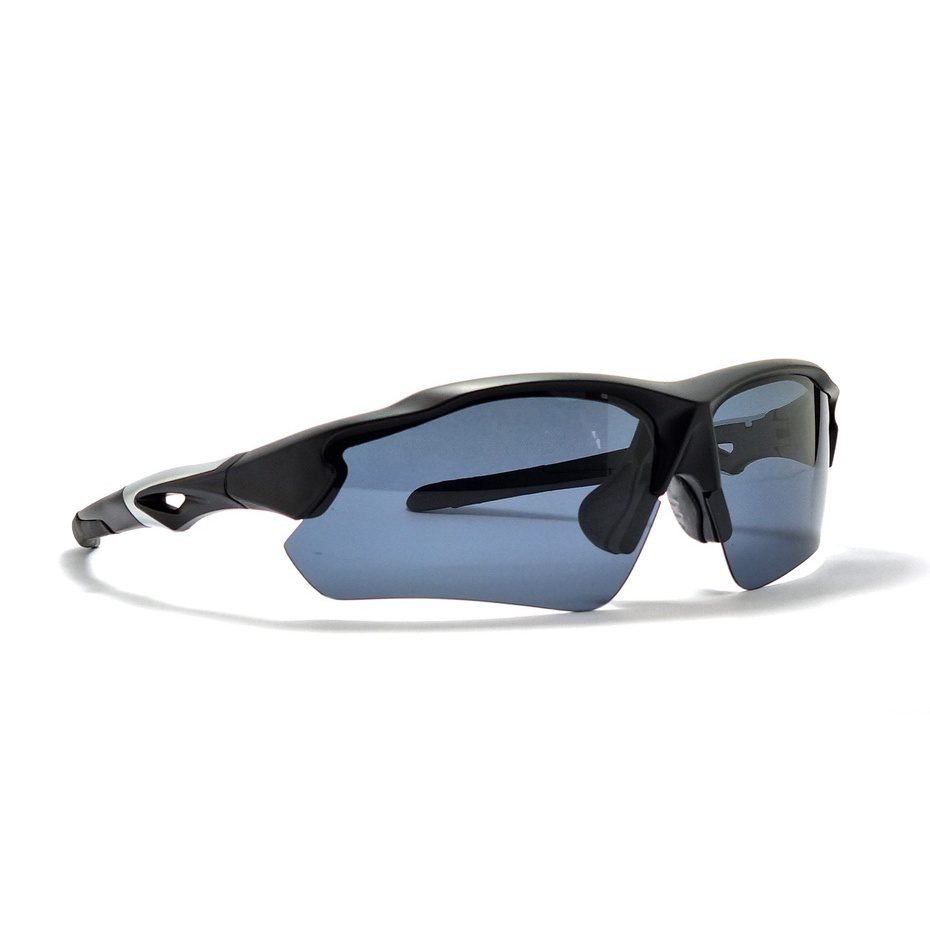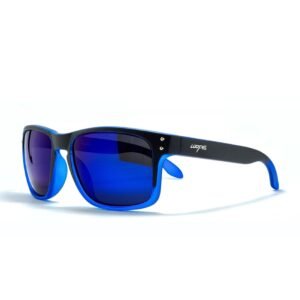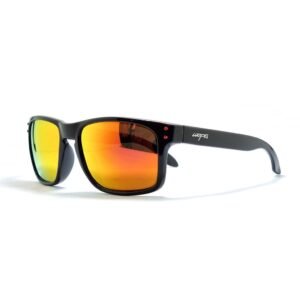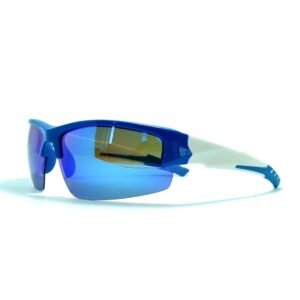Kachi Global has been established since 2002, its portfolio includes proprietary brands such as XLOOP®, EAGFE®, LOOPES®, as well as wholesale distribution network to Malaysia, Brunei, Australia and USA. And is complemented by an extensive retail network at approx. 600 stores island-wide in Singapore with Caltex, Esso, Shell, SPC, Cheers Convenience Stores, Lifestylemart @Safra Punggol, Yishun and The Chevrons. As well as selected Fishing Tackle Shops, Optical Shops and Eye Care Clinic.
LOOPES® is well positioned to serve every segment of market. Our winning edge is that all our products are CE approved (Europe Standard) and we produce a wide range of quality sunglasses, available in full range color assortments and designs.
POLARIZED LENSES
All of our sunglasses are made from triacetate cellulose (TAC) – contained of 7 layers. 1st is a polarizing layer that provides more than 100% polarization that absorbs glare. 2nd & 3rd allow durability that resists harsh environments. Follow by, the UV absorbing layers that absorb over 99% ultraviolet rays. Lastly, the shock proof layers that increase impact and scratch resistance. With these 7 layers, it blocks more than 99% of harmful UV rays with wavelengths up to 400 nanometers.
WHAT IS THE BEST MATERIAL FOR SUNGLASS LENS?
Polycarbonate (PC) is a thermoplastic, and is the most commonly used material in the safety eyewear industry. It is an incredibly useful plastic for applications requiring transparency and it possesses excellent impact resistance, and it also inherently blocks 99.9% of UVA/UVB rays.
WILL SALTY SWEAT AND SALT WATER DAMAGE YOUR LENSES?
HOW TO PROTECT ANTI-REFLECTIVE COATING?
Sweat & Salt water can cause serious damage to any sunglass lens. The ions in salt water can accelerate the decomposition time of many metals, finishes and varnishes. The combination of moisture, oxygen and salt from the water is actually even more dangerous than rust, as it can corrode and weaken metal 5 times faster than regular water, causing the lenses to fall apart. It is important to keep in mind that different models and coatings react differently to salt water.
Aside from the ions in salt water causing the coatings to peel, the salt and sand found in water could also cause small scratches and cracks in your lenses. If salt gets on your lenses and dries down, it could scratch the lenses, causing irreversible damage.
The best way to take care of the coating is after outdoor exercise, use clean water to wash it and use microfiber soft cloth or pouch to dry it. NEVER use tissue or shirt to clean the lens.
























Reviews
There are no reviews yet.